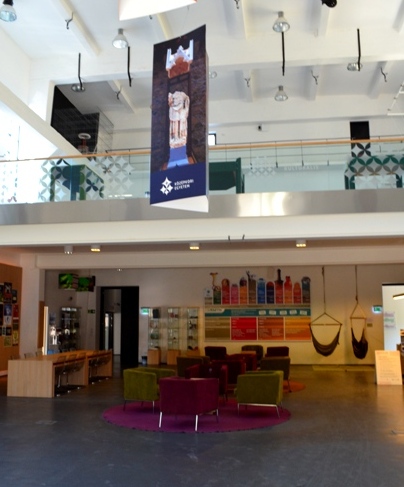The university was established by Louis the Great, king of Hungary in 1367. This tradition is rather virtual, however, since the university was closed for long because of the winds of history. Higher education has been available in Pécs again since the end of the 18th century. However, actual university education restarted in 1923 when the Bratislava university was relocated to Pécs.
Between the two World Wars, the Pécs university took pride in employing such internationally renowned professors, among others, as Károly Kerényi, Tivadar Thienemann and József Halasy-Nagy. The University of Pécs took the name Janus Pannonius University by integrating the Teacher Training College in 1982. The present university comprising ten faculties was formed by integrating the Pollack Mihály Technical College and then the Medical University of Pécs and the Illyés Gyula Pedagogical College of Szekszárd in 2000.
At present, the Pécs university is the largest higher education institution regarding the number of students. It represents traditional and classical values while, at the same time, it successfully adapts to the present and future challenges. Its catchment area reaches far beyond Pécs by offering education programmes covering almost all areas of knowledge.
The university has a separate faculty in Szekszárd and its education programmes in Kaposvár, Szombathely and Zalaegerszeg count considerable numbers of students. 60% of the students attending the University of Pécs comes from distant regions of the country other than the region where the university is located.
Since 2006, when the university joined the Bologna Accord, students obtain a bachelor’s (BA, BSc) degree first, then they may obtain a master’s (MA, MSc) degree, instead of the previously applied system of college and university degrees. Finally, if they are interested in scientific research, they may as well enter a doctoral (PhD, DLA) programme.
The University of Pécs is one of the major universities in Hungary. Its large professional basis is made up by a wide circle of university teachers and researchers. Nearly 2,000 colleagues at the ten faculties take part in large-scale educational and research projects. A total of 20 doctoral schools are run at the faculties that embrace a wide range of disciplines in arts and sciences from classical humanities and social sciences to medicine and natural sciences.
In addition, the University of Pécs assigns great importance to colleges for advanced studies as well. Such colleges facilitate students’ scientific activity at almost all faculties. The credit system introduced in Pécs among the first universities in Hungary provides a direct opportunity to join European higher education, thus courses completed at the University of Pécs are accepted at all European universities. Therefore, it is particularly important to mention the internationality of the university, the wide range of international student grants and the influence of the hundreds of students coming from abroad. Graduating students receive an enclosure with the certificate of their academic degree which is accepted in all member states of the European Union. The management of the university aims to provide the most support possible for students in living a student’s life, to make international grants available and to continuously improve the quality of services provided by the university, its hostels, libraries and clubs.

